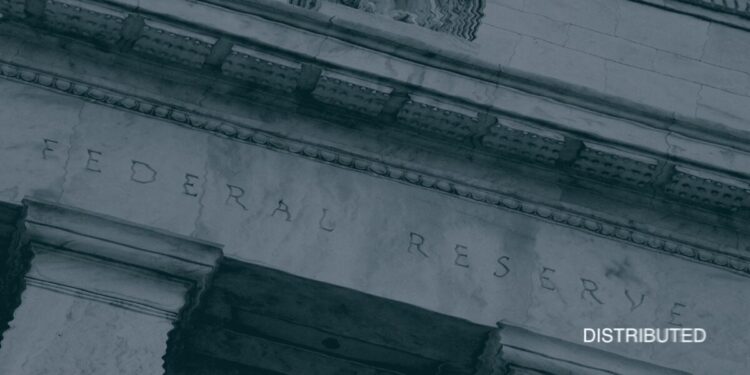The U.S. Federal Reserve has announced a proposal to change how it grades large banks, potentially making it easier for them to expand through mergers and acquisitions. If approved, these changes could remove a major barrier that has held back many regional and national banks from doing deals.
Currently, the Federal Reserve evaluates large banks those with over $100 billion in assets based on how they perform in three key areas: capital, liquidity, and internal governance. Banks receive one of four possible ratings in each category. If a bank is found to be seriously lacking, even in just one category, it automatically loses its status as a “well managed” institution. That rating is important because banks that don’t meet it face restrictions, including not being allowed to buy other banks.
Under the new proposal, the rules would be more flexible. A bank would now need to show problems in more than one area, or receive the most severe rating in one, to lose its “well managed” status. This change could mean that more banks especially mid-sized and regional ones could qualify to expand or merge with others.
At the moment, 23 out of 36 large bank holding companies in the U.S. do not meet the “well managed” standard. According to the Fed, eight of those banks would see their ratings improve under the new rules. This could have a big impact on the banking industry, especially as many banks have been eager to grow through acquisitions but were blocked by current rules.
See Related: Are You Skipping Taxes As A Crypto Holder? What You Should Know
Financial Health And Internal Management Practices
The current system was introduced in 2018. Banks have long said it’s too strict and too focused on internal management practices, rather than their overall financial health. They’ve argued for years that the system should better reflect strong capital and liquidity levels, two signs of a bank’s ability to handle financial pressure and avoid failure.
Michelle Bowman, the Federal Reserve’s Vice Chair for Supervision, supported the proposal. She noted that although many banks have solid financial foundations, they are still graded poorly due to issues that may not directly affect their financial stability. Bowman believes the new approach would better reflect the real risks banks face and help regulators focus on what truly matters.
However, not everyone agrees. Michael Barr, a Fed Governor who previously held the top regulatory role, voted against the proposal. He warned that it could allow banks with serious management flaws to be treated as if they are well managed, which might increase the risk of bank failures in the long run.
The Fed has said it may consider more changes in the future, including creating a single overall score for each bank instead of separate scores in each area. For now, the proposal is open for public comment before any final decisions are made.
If the changes go through, the banking industry could see a wave of mergers and acquisitions in the coming months and years. For consumers, this could mean fewer, larger banks, and for investors, it may bring new opportunities but also new risks.



